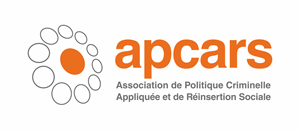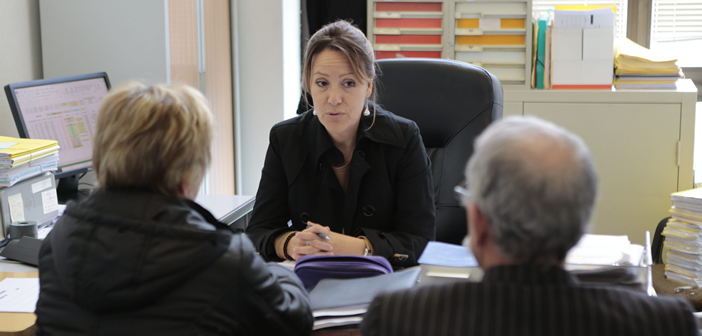If listening to victims, providing them with information and orientation is a State priority, it relies to a great degree on specialized associations such as APCARS.
Each year our association provides judicial and psychological aid to more than 3,500 victims of criminal offenses.
The victim support office is a necessary stopping place for many different populations, and APCARS is present in these offices in the Regional High Courts of Créteil and Paris. Our association also staffs the free legal aid sessions in 19 towns in Val-de Marne.
Listening to you and helping you is our job
With the support of the INAVEM federation, APCARS has developed a professional practice for victim support where technical skills match pedagogy and the obligation of neutrality.
How do I file a complaint? What is the status of my complaint? How and why should I initiate civil proceedings? How can I request payment for the wrong I suffered? With my limited resources can I still benefit from a lawyer’s counsel? Must I be present at the court session and when will it take place? These are just some of the frequent questions for which our jurists must provide answers.
The situations for which victims solicit our aid are extremely varied and include theft with assault, breach of confidence, fraud, vehicular accidents, threats, sexual aggression, etc.
To handle this variety of situations, a personalized approach is necessary. In this way APCARS promotes with IFJR (the French Institute of Restorative Justice) the experimentation of a new form of response to the victims’ needs: restorative justice.
« Violence against women, the law protects you »
APCARS participates actively in the fight against violence submitted by women as our service assists nearly 800 victims of domestic violence in the Val-de-Marne area per year. Beyond dealing with the criminal offense and their immediate protection, we inform victims of solutions open to them and their children (leaving the home, separating from their spouse, etc.).
In addition to informing victims of their rights, we bring a psychological response to the suffering, incomprehension, and even trauma suffered by certain people made vulnerable by these criminal offenses.
It’s best to deal with the perpetrators to avoid future victims
Ultimately, it is in the victims’ interest that an efficient penal response be carried out:
- Develop the individualization of the sentences,
- improve the speed of sentence implementation and namely the payment of victim compensation,
- give priority to alternatives to short prison sentences,
- give preference to the social reintegration of the convicted, and especially by increased use of sentence conversion.
All initiatives that work in this direction are supported by APCARS.


